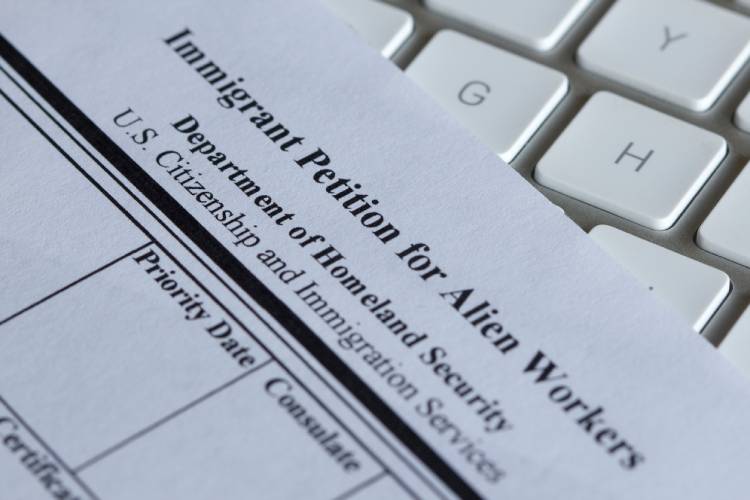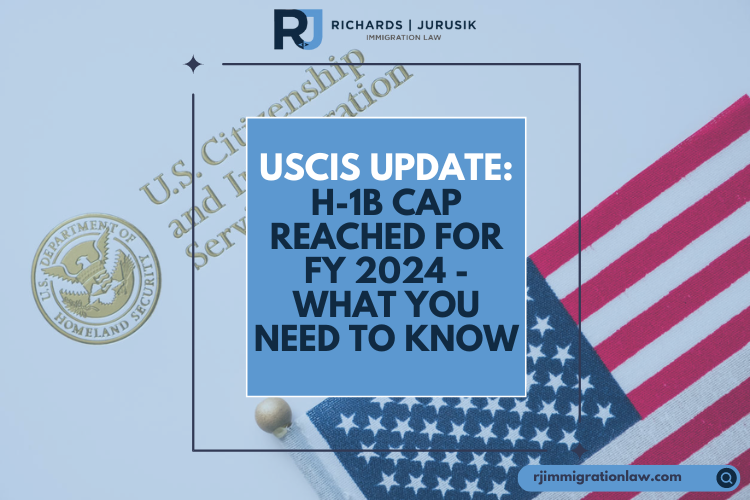The I-140 Immigrant Petition for Alien Workers is a pivotal document for U.S. employers looking to fill permanent positions with foreign talent. The U.S. Citizenship and Immigration Services (USCIS) evaluates whether an employer possesses the financial strength to fulfill promised wage obligations. This blog explores the documentation required to affirm your business’s economic health.
Understanding Financial Proof Requirements
The USCIS mandates various documents based on the size and type of the employer to demonstrate financial viability. Here’s what you need to know:
For Small Businesses (Under 100 Employees):
- Annual Report: Summarizes financial activities, providing a snapshot of your business’s economic health.
- Federal Tax Return: Verifies income and taxes, reflecting the company’s financial reality.
- Audited Financial Statements: Offers a detailed view of financial status, audited by a third party for accuracy.
- Optional Documents: Including profit/loss statements, bank records, and personnel documents can further substantiate your financial situation.
For Larger Enterprises (100+ Employees):
- All Small Business Documents: Essential for laying the foundational financial overview.
- Financial Officer’s Affirmation: A formal declaration from your CFO or equivalent attesting to the company’s capacity to meet wage obligations.
For Public Corporations:
- Comprehensive Annual Reports: With independently audited financials, these reports provide a transparent and detailed account of financial standings.
For Non-profits:
- Financial Officer’s Letter: This letter can affirm the financial health of well-established entities.
- Financial Evidence: Emerging non-profits must present tangible evidence of economic sustainability.
Navigating Financial Losses
Experiencing losses does not disqualify your business. It’s critical, however, to document your funding sources and articulate a clear, viable path to future profitability, referencing cases like the Matter of Sonegawa for guidance.
Consequences of Inadequate Financial Documentation
The inability to present comprehensive financial proof can lead to the denial of the I-140 Petition. It underscores the importance of diligently gathering and presenting all required documentation.
Conclusion
The path to hiring foreign talent hinges on demonstrating your business’s financial robustness. By meticulously preparing and submitting the required documentation, employers can navigate the I-140 petition process confidently and successfully. This guide aims to empower employers with the knowledge to effectively support their foreign talent acquisition endeavors.
Subscribe to Our Resources Blog
Schedule a Consultation with an Immigration Lawyer
Additional Outside Resources
- USCIS Policy Alert – Ability to Pay – March 15, 2023
- Employment-Based Immigration Chapter 4 – Ability to Pay
We Can Help!
You may have questions regarding U.S. immigration laws and visas. We invite you to contact our team at Richards and Jurusik for detailed guidance and assistance. We aim to provide the most accurate and up-to-date information to make your immigration process smoother and less stressful. The immigration lawyers at Richards and Jurusik have decades of experience helping people to work and live in the United States. Read some of our hundreds of 5-star client reviews! Contact us today to assess your legal situation.







